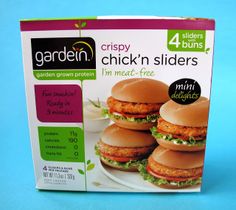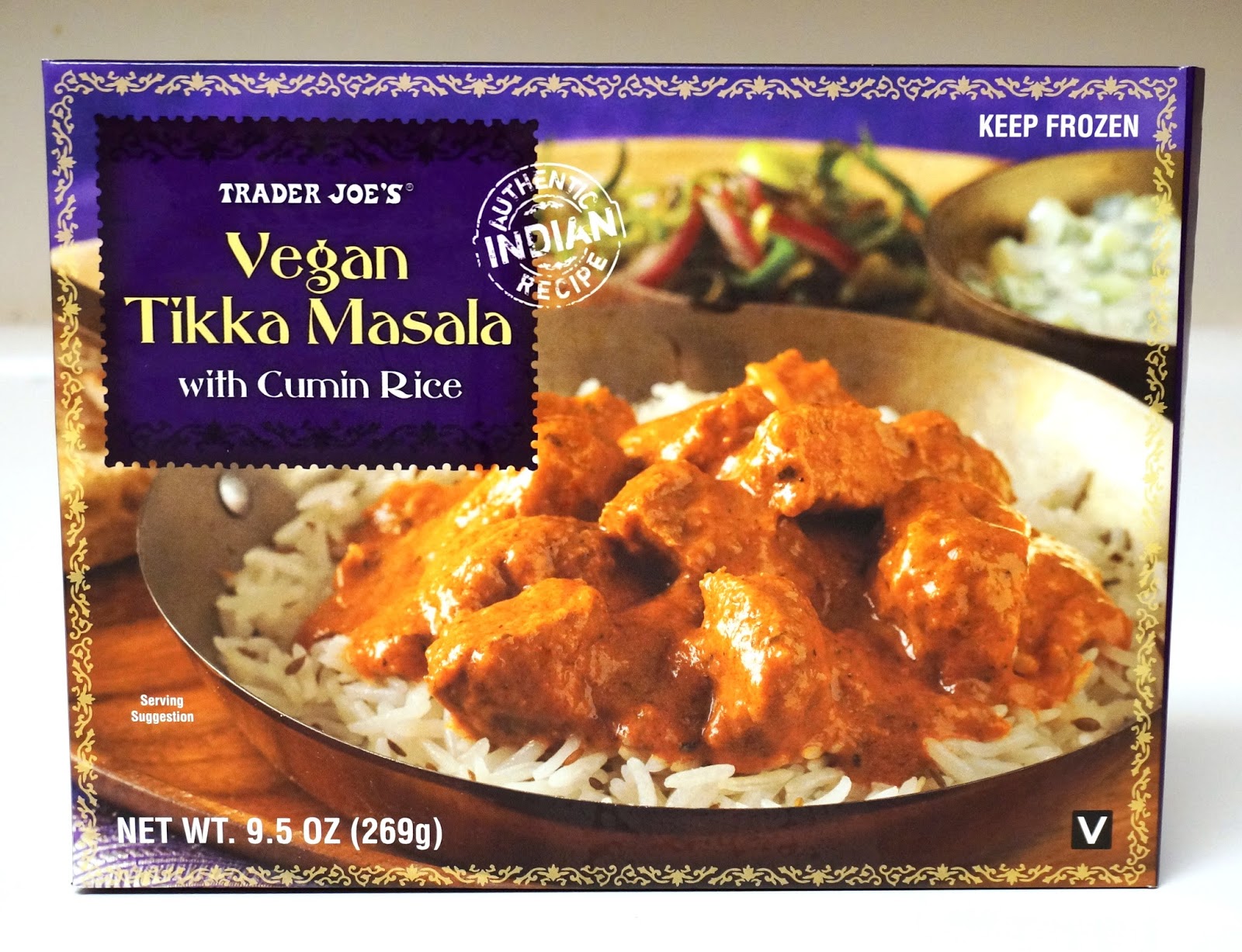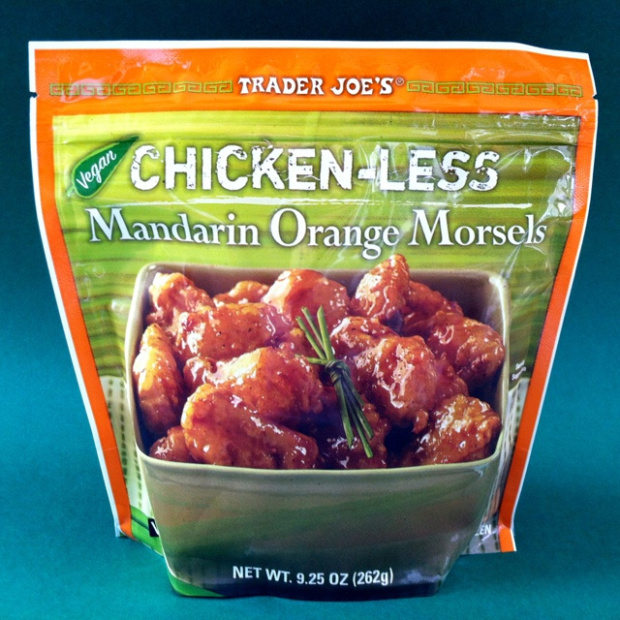Real Talk: Veganism Isn't Always the Healthy Choice
Vegan food is often equated to health nuts and most people conjure up images of salads, tofu, and wheatgrass. But do you know what else is vegan? French fries, potato chips, and sugar! Vegan food isn’t the health food it’s cracked up to be. What’s more, many meat substitutes are way less healthy than you’d think and it’s difficult to get all of the nutrients your body needs when you eliminate meat and dairy from your diet.
That’s not to say you shouldn’t go vegan. I try to eat vegan at least a few times a week. Did you know that if a family went vegan for just one day a week, it would be equivalent to not driving a car for five weeks or reducing everyone’s daily showers by three minutes? That’s according to National Geographic, which also states that “approximately 70% of deforestation of the Amazon is to provide land for cattle ranches.” I won’t go into the absolutely atrocious living situations these animals live in (I’ll leave that to PETA), but you get the point. Now, before we all turn to veganism to save the cute cows and our planet, let’s dig a little deeper to learn how to build a balanced vegan diet, whether you’re looking to try veganism once a week or go 24/7.
Processed Foods & Empty Ingredients
Many vegan meat alternatives are packed with preservatives and processed ingredients in order to better emulate the taste and texture of meat. Those frozen Chik’n nuggets may taste great, but all of the artificial ingredients and preservatives make them not nearly as nutritious as the real deal. Seitan, a common meat alternative known for its ability to mimic the texture of chicken or pork, is made from wheat gluten, meaning it’s pretty much just a carb vehicle for the whatever sauce you put on top of it. Vegan dessert alternatives can also be full of empty ingredients. In order to replace butter, eggs, and milk, companies will often employ starches, emulsifiers, and other synthetic ingredients to achieve the right texture, so they end up containing more carbs and calories than the non-vegan versions.
The takeaway here? When searching for meat alternatives, check the ingredients before you buy. Try to find veggie burgers with nutritious ingredients like tofu, lentils, sweet potatoes, or beans, and try to stay away from items high in artificial ingredients and preservatives.
Missing Nutrients
Now we know to avoid the trap of processed foods, but another thing to be careful about is getting the right nutrients in our diet. Switching over to a vegan diet isn’t as simple as just cutting out animal-based products. In order to be healthy, you need to ensure you’re still consuming all of the vitamins and minerals your body needs. Some of the main nutrients that vegans lack are iron, zinc, vitamin B12, omega-3 fatty acids, vitamin D, calcium, and protein. That’s a lot of stuff! These are responsible for a huge variety of healthy body function, from blood cell formation, nerve function, energy levels, brain and eye function, and bone health. Deficiencies in vitamin D can even lead to an increased risk of depression.
Many vegans just starting out will often complain about feeling weak or tired. At one point during my meatless journey, I got a very bizarre vibrating sensation in my foot, as if a phone was ringing right next to it. I thought I was going insane! But after a quick Google search, I learned that this is something that can happen if you’re deficient in vitamin B12. I rushed to the pharmacy and shortly after taking a B12 supplement, the vibrating stopped. Let my weird story be a warning! Make sure you’re getting the vital nutrients whenever you make any sort of dietary change.
Building a Balanced Vegan Diet
via @doctor.aphton
Breakthroughs in vegan cooking have made it much easier to get all the vitamins and minerals you need without animal products. Some of my favorite vegan ingredients include nutritional yeast, which is extremely high in B vitamins and protein, and imparts a cheesy flavor (it’s perfect for vegan mac n cheese or as a popcorn topping) and mycoprotein, derived from fungi, making one of the most convincing chicken nugget substitutes I’ve ever tried.
Whether you find vegan foods that give you the nutrients you need or add supplements to your daily routine, it’s important to note what you’re missing when you cut out animal products. If you read my articles regularly, you know how much I love the doctor. It would be a great idea to let yours know if you’ve decided to go vegan or are thinking about it so they can do some blood work to determine if you’re deficient in any vitamins and give you some tips to ensure you’re getting all the nutrients you need.
Cover image via Haaretz





